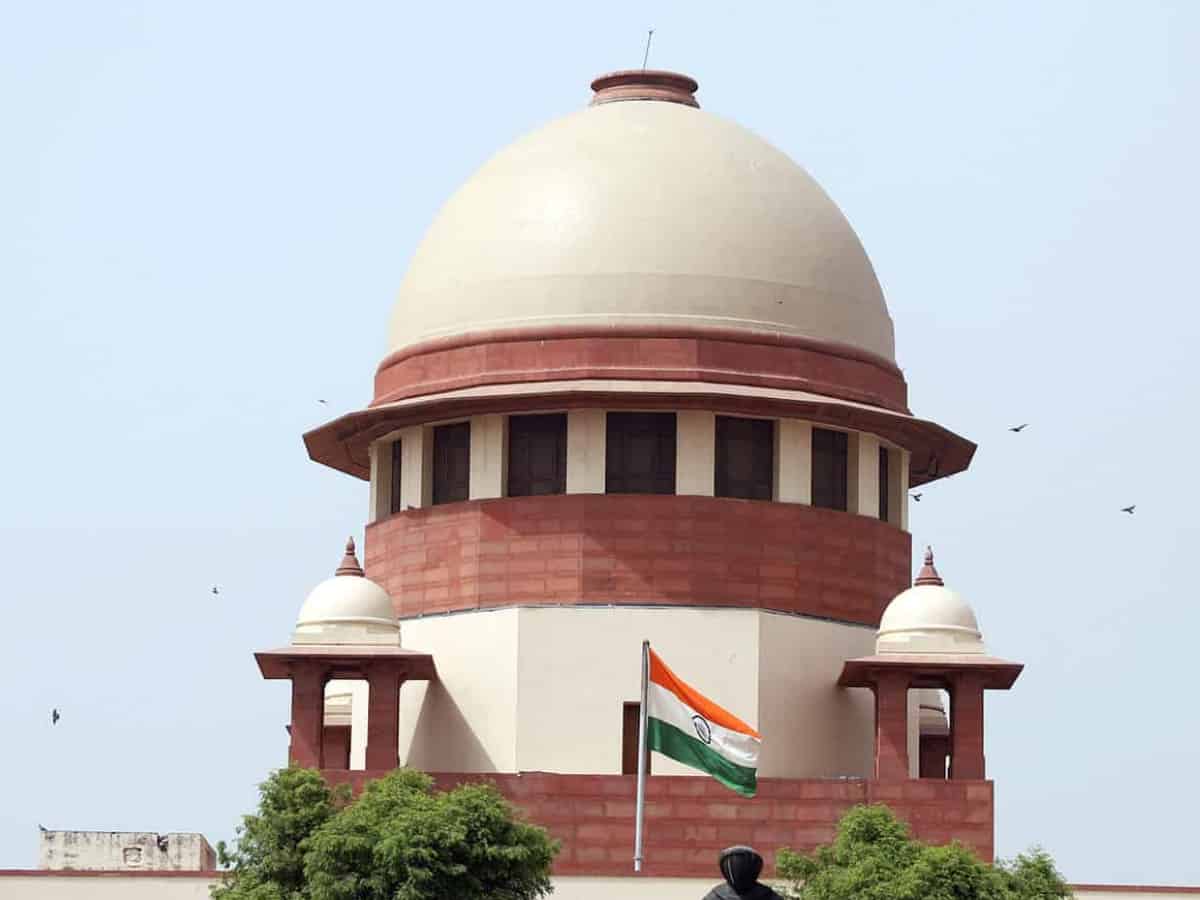
New Delhi: Justice Sanjay Kishan Kaul of the Supreme Court on Saturday said the Insolvency and Bankruptcy Code (IBC) has had a big role to play in India’s new “startup culture” as it created a conducive environment for budding entrepreneurs.
Speaking at the Insolvency Law Academy’s inaugural conference on the topic of “Emerging Global Insolvency Horizon: Indian Footprint and Front View”, Justice Kaul said India’s economy has been growing since the early 1990s, leading to an expansion of the credit market.
“In my opinion, the IBC has also had a big role to play in India’s new startup culture by creating a conducive environment for budding entrepreneurs,” he said.
Justice Kaul said the expansion of the credit market has resulted in an increase in non-performing loans and assets.
“To solve this problem, the Insolvency and Bankruptcy Code was enacted in 2016 primarily to serve two purposes — first, to ensure that debtors take sound and practical decisions and second, to give financially-ailing corporate entities a chance to rehabilitate and continue their business.
“The IBC essentially consolidated laws relating to insolvency resolution of companies, partnerships and individuals. Hence, the implementation of the IBC in India marked the beginning of a new era that completely overhauled India’s insolvency regime,” he said.
The apex court judge said in the early years of the code’s implementation, there were complex questions that required authoritative and conclusive answers.
But this provided an opportunity not only to the judiciary, but all the professionals to contribute towards laying an infallible foundation, he added.
Justice Kaul said the diversity in the Indian society must be reflective in all fields of life as it brings on the table varied views and experiences and wholesome solutions.
“I believe that the main issue in ensuring a successful representation is unconscious bias. This has led to a vicious cycle where on one hand, newcomers are not given a platform to showcase their talent due to their lack of experience.
“But on the other hand, these newcomers cannot find that experience if opportunities are not granted to them. Hence, I look forward to following how the discussions on bringing diversity into the process of insolvency, along with gender inclusivity, are dealt with by the panellists,” he said.
The judge said mediation might also help reduce the burden on the National Company Law Tribunal (NCLT) and the National Company Law Appellate Tribunal (NCLAT).
“Alternative resolution of such disputes will not only provide an avenue to the entities without facing an adversarial process, but can also result in speedy and cost-effective solutions for the creditors. We have to realise that these are not professional creditors so as to say.
“These are people who have invested their life savings to be able to cherish the dream of owning their own house. In these cases, it becomes all the more urgent to ensure that the relief extended to the homebuyers is not only effective, but also quick and least cumbersome,” Justice Kaul said.



